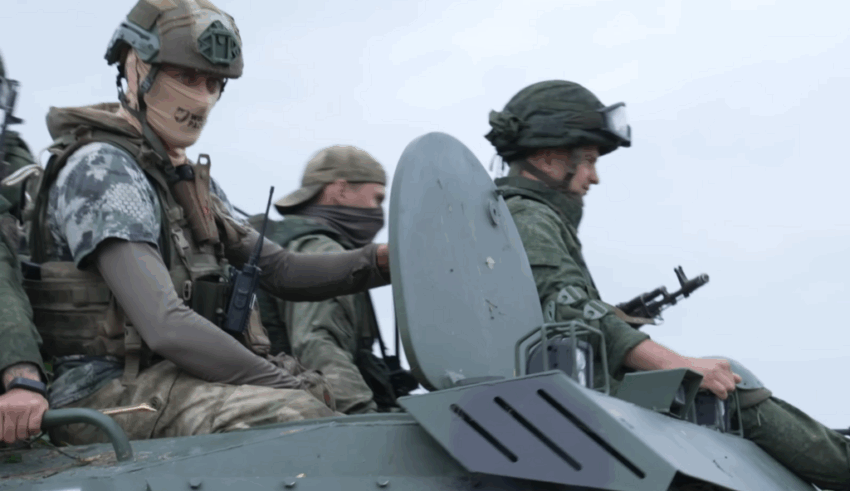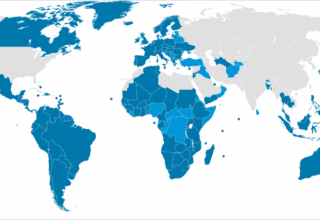
Russia’s influence in Africa has steadily increased, driven by its foreign policy and economic ambitions. At the forefront of this expansion are mercenaries, notably the Wagner Group, whose operations have reshaped the dynamic in the Sahel. However, limits to Russia’s approach are beginning to emerge.
Non-state actors such as mercenaries, militias, and armed separatists operate in a legal gray area. They challenge the state’s monopoly on violence and operate outside the comprehensive protection of international law, such as the Geneva Convention. Among these groups, mercenaries have gained a reputation for violent behavior. This was most clearly demonstrated when the Wagner Group used prison inmates as cannon fodder during the Ukraine war or by the misconduct of CACI Systems during interrogations at Abu Ghraib. These abuses underscore the destabilizing effect of uncontrolled non-state actors.
For Russia, mercenaries are a calculated instrument of foreign policy. Russia has been deliberately using this tactic since the 2010s. Wagner in particular has played an important role beyond Ukraine, establishing a significant presence in Africa. Military coups in countries such as Burkina Faso, Mali, and Sudan are directly linked to Russia’s growing influence. Wagner mercenaries have supplied weapons, trained troops, and strengthened autocratic regimes. Their survival guarantees Russia access to valuable resources.
Russia’s so-called “mercenary diplomacy” combines corporate ambition with state ideology. The mercenaries act as proxies for the Kremlin and advance strategic goals. However, Russia as a state cannot be held accountable for this. Their actions have developed into a double-edged sword. Wagner’s failed march on Moscow has shown that the group is internally divided and not always united with Russia’s goals. The subsequent reorganization of the group into the “Africa Corps” emphasizes the attempt to tighten state control.
The use of mercenaries to maintain influence in Africa is facing growing obstacles. Autocratic regimes may benefit from Russian support. However, unchecked violence and the mercenaries’ disregard for human rights deepen the region’s instability. Moreover, casualties among Wagner fighters, as recently in Mali, highlight the weaknesses of this strategy. Russia’s competing quest for Africa’s natural resources and geopolitical influence is tempered by the inherent risks of its approach.
Western countries are redefining their presence in the Sahel region in the face of anti-French sentiment and accusations of self-interest. Russia is exploiting this gap and presenting itself as an alternative. However, the militarization trend in the region and the disintegration of democracy indicates broader challenges. Failed international programs and stagnating civilian governments aggravate mistrust and make the region vulnerable to exploitation.
Russia’s involvement in the Sahel region shows how foreign policy and private interests intertwine in the pursuit of influence. While mercenary diplomacy has strengthened Russia’s position, its limits are also becoming clear.
By The European Institute for International Relations















